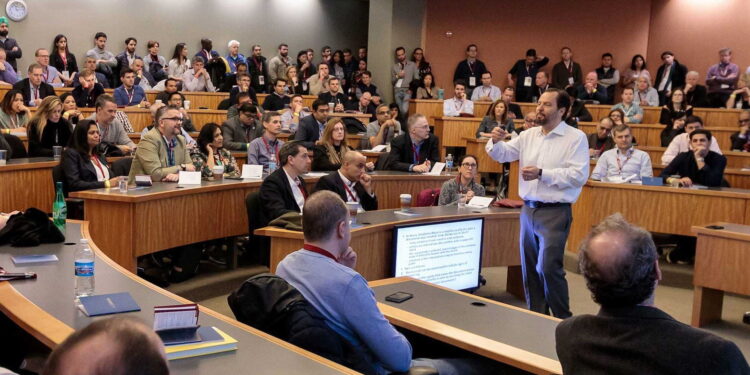Georgia is set to establish two major higher education centers, in Tbilisi and Kutaisi, in the scope of an education reform to decentralize the country’s university system.
The government’s reform plan dictates that both cities will host universities offering programs across all major fields, including humanities, natural and exact sciences, technology, law, social and political sciences, foreign languages, pedagogy and medicine.
The initiative seeks to address what officials describe as ‘overconcentration’ in the country’s higher education landscape, with Tbilisi currently hosting the majority of Georgia’s universities and students. By creating a second academic hub in Kutaisi, the government seeks to balance regional development and stimulate the city’s economic and cultural revival.
Kutaisi, once a main industrial center during the Soviet era, lost much of its economic role in the 1990s. The government now envisions transforming it into a dynamic university city — continuing Georgia’s educational heritage related to the historic Gelati Academy.
The reform also prioritizes investment in regional universities in Batumi, Zugdidi, Akhaltsikhe, Gori, and Telavi, particularly in the fields of agriculture and pedagogy. Plans include upgrading infrastructure, institutional capacity, and academic standards.
Tbilisi will remain the country’s primary hub for arts, sports and theological education, with the reform pointing out the need to modernize and expand these sectors.














